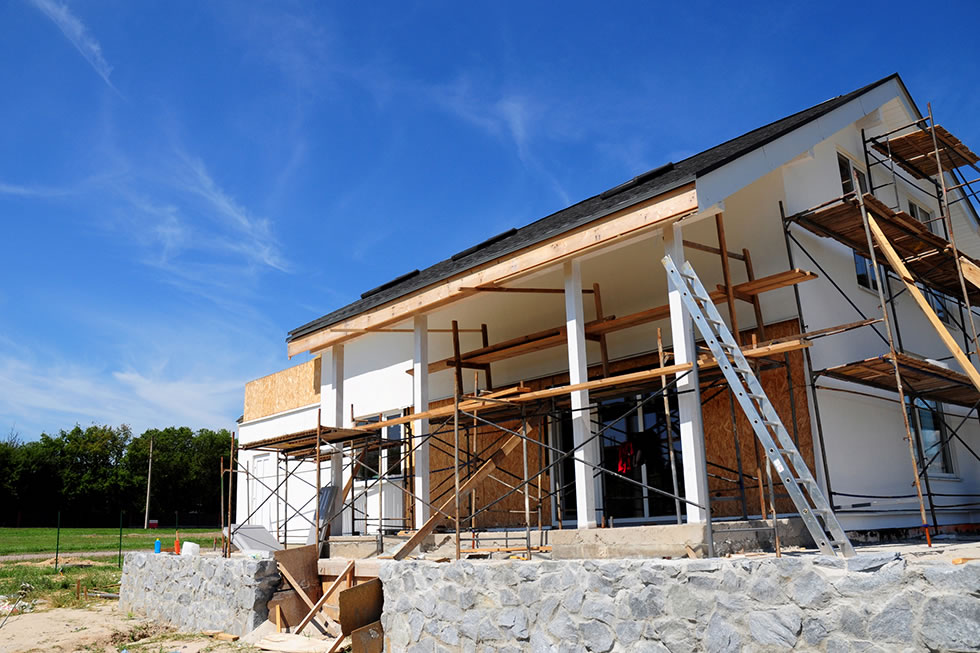
Summer is a popular time for home-improvement projects, whether it’s a roof replacement, kitchen remodel or new pool. But how can you be sure you’re hiring the right contractor?
Finding a reputable and qualified home-improvement contractor is a decision that’s not to be taken lightly. Mishaps are not uncommon during renovations, whether it’s a pipe break, broken window or even a fire, which can be set off by oily rags from staining projects.
"It’s critical to do your due diligence when choosing a contractor," says Dan DiClerico, a home expert with HomeAdvisor, a Golden, CO-based home-improvement website. "It’s like dating—don’t rush into marrying the first guy you meet, no matter how perfect he seems."
For a major remodeling project, like a total kitchen renovation or master bathroom addition, DiClerico recommends starting with a list of 10 contractors and whittling it down to about five based on online reviews and availability. He then suggests meeting with the remaining five and getting bids on the project.
"Throw out the highest and lowest bids, so that should take your short list down to three," he says.
Then the real vetting should start. Here are some tips from the Better Business Bureau:
- Research the contractor’s track record. Check their BBB listing for complaints, ask for local references and, if possible, inspect the contractor’s work yourself. See if he or she is a member of a professional association that has standards or a code of ethics.
- Get at least three quotes from different firms. Make sure they all address the same criteria. Remember that the cheapest bid is not always best; in fact, if one is much lower than the others, that may be a red flag.
- Get it in writing. Do not rely on any verbal representations. And make sure the contract is fully filled in without any blanks. At a minimum, it should include contact information, start and completion dates, a detailed description of the work, material costs, payment arrangements and warranty information.
- Verify licensing, bonding and insurance. Make sure the contractor has workers compensation coverage as well; if not and a worker gets hurt on the job, you may be sued. Also verify the insurance coverage of subcontractors.
- Confirm that necessary building permits were issued before work starts.
- Keep copious records, including proof of licensing, bonding and insurance; contracts; invoices; proof of payment; progress photos and all project-related correspondence.
Remember that home-improvement stores such as The Home Depot and Lowe’s have a network of experienced, licensed and insured contractors they work with to provide professional installation services, whether it’s as simple as installing blinds or more involved, such as a kitchen remodel. These stores stand behind their recommended contractors and warrant the work.
HomeAdvisor’s DiClerico has one additional piece of advice for homeowners: "In making your final decision, listen to your gut. Is there good rapport between you and the contractor? Does he or she communicate clearly? Do you feel like you can trust them? Any misgivings you have during the initial meetings are only going to intensity once the project gets underway."
